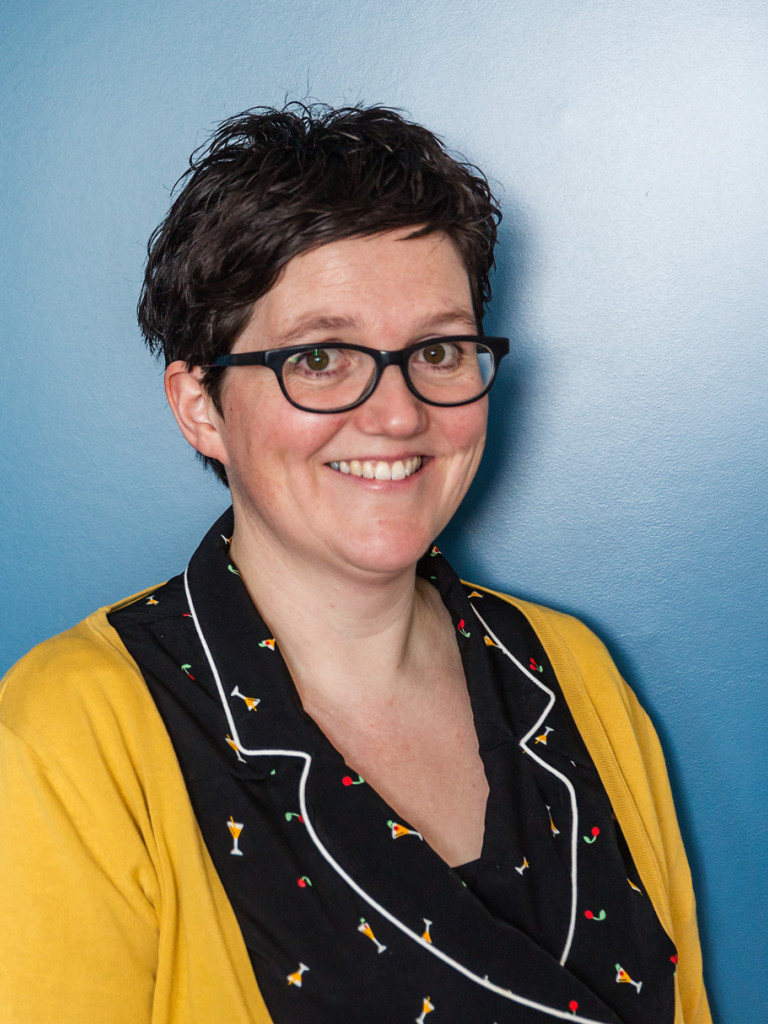
Radboud University
Sharon Unsworth
- 2023
- Speaker
- Engage
Sharon Unsworth is a language scientist at Radboud University, Nijmegen, The Netherlands, where she researches the language development of bilingual children. She is the Scientific Director of Kletskoppen, an initiative which she set up in 2017 together with colleagues at Max Planck Institute for Psycholinguistics. Sharon feels a strong sense of responsibility to share the insights obtained through scientific research with a broader public, and as a first-generation student herself she is keen to encourage all children to engage with science, no matter their background. Sharon is also the host and maker of the podcast Kletsheads, a spin-off project from Kletskoppen. Kletsheads is a podcast about bilingual children for parents, teachers, and speech language therapists, and is available in both English and Dutch.
Sharon Unsworth's 2023 Falling Walls Engage Winner Project is Kletskoppen.